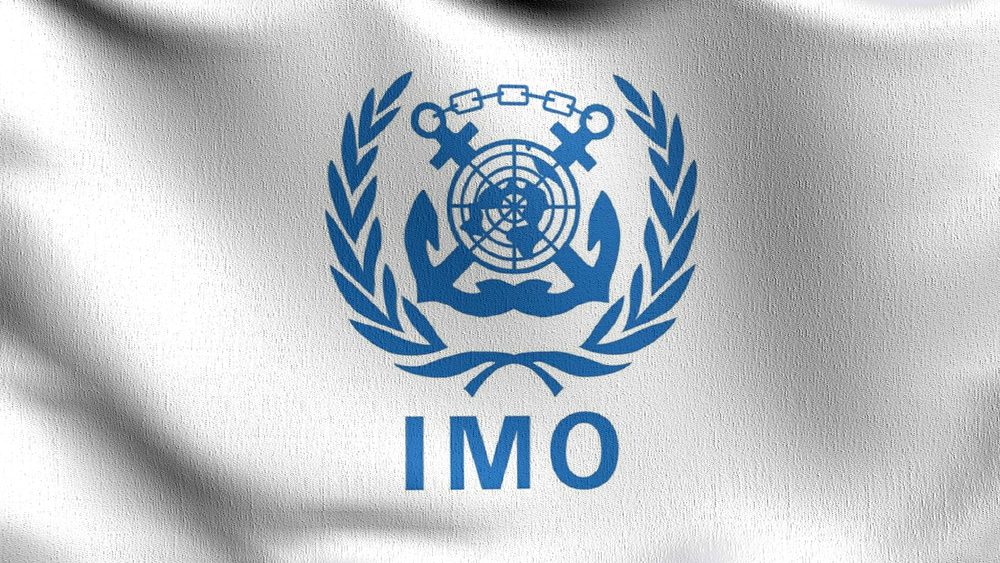Here below a high-level summary of the outcome of meeting.
Adoption of a revised “IMO GHG Strategy (July 2023)” as was foreseen in the “Initial IMO GHG Strategy (April 2018)” with the next review way point by 2028.
Objective of the “2023 IMO GHG Strategy”
“To continue the IMO’s contribution to global efforts by addressing GHG emissions from international shipping”
- “Identify actions to be implemented by the international shipping sector, while addressing impact of policy on member States, role of shipping in supporting development of global trade”
- “Identify actions/measures to achieve the above, including incentives for R&D and monitoring GHG emissions from shipping”
Revised Targets
- Net-zero GHG emissions “by around 2050” to the extent that national circumstances allow.
Agreed on the below “indicative checkpoints” (non-binding)
- At least 20% (striving for 30%) GHG emissions reduction vs 2008 by 2030
- At least 70% (striving for 80%) GHG emissions reduction vs 2008 by 2040
Further agreed on finalising by 2025 basket of mid-term (2023-2030) ‘candidate measures’ which would come into force 16 months after their adoption, with impact assessments of these measures being finalised latest by autumn 2024 including:
- Continued focus on energy efficiency design requirements (N/Bs)
- Develop a global marine fuel standard, in a phased reduction of marine fuels GHG intensity and therefore addressing the energy source itself
- Global maritime GHG emissions pricing mechanism (global carbon levy)
- Increased uptake of zero-near-zero GHG tech/fuels to represent at least 5% (striving for 10%) of energy used by international shipping
Take-aways
MEPC 80 meeting has sent very clear signal to the shipping industry, that it will need undergo great change driven by regulation & policy in the coming decade.
Environmental groups and academics have been calling for more, up to 50% emissions reduction targets by 2030, claiming what has been agreed at the last MEPC 80 meeting is non-committal and vague allowing for nation States to ‘opt out’ and that it does not align with Paris Agreement 1.5C goal, with China, Brazil and Argentina pushing back against more ambitious targets, and resisting a global carbon levy.
